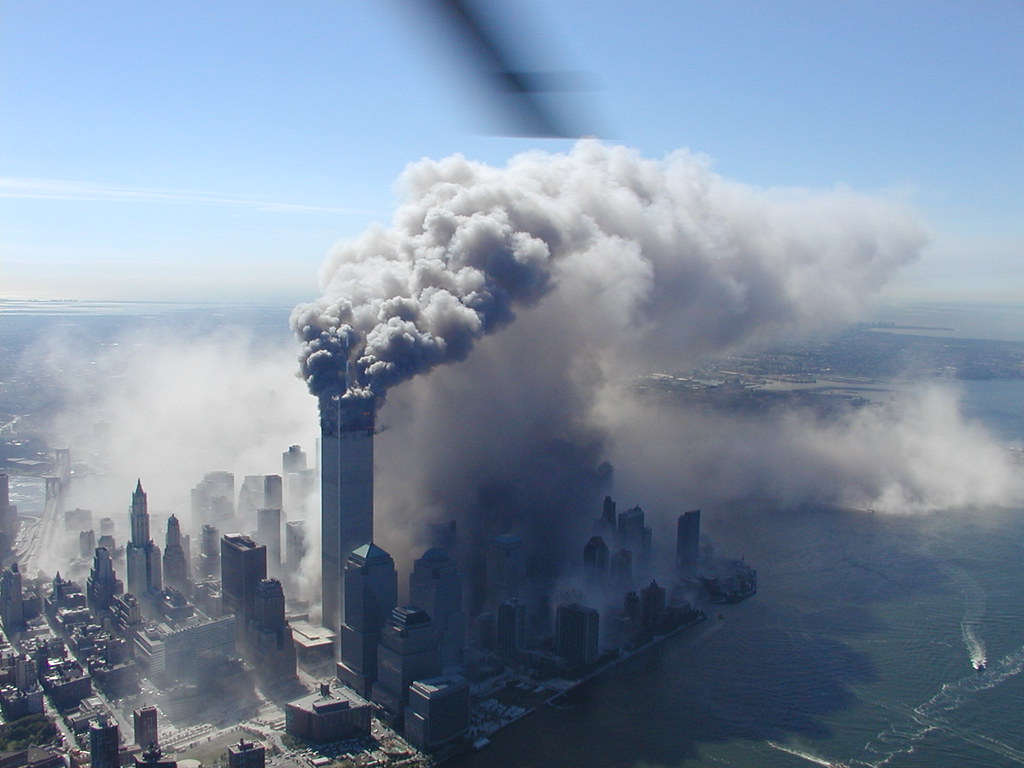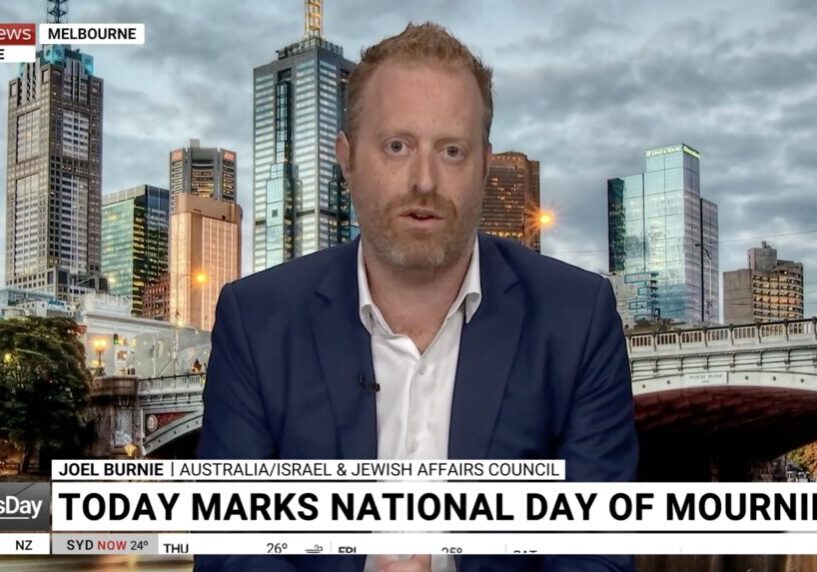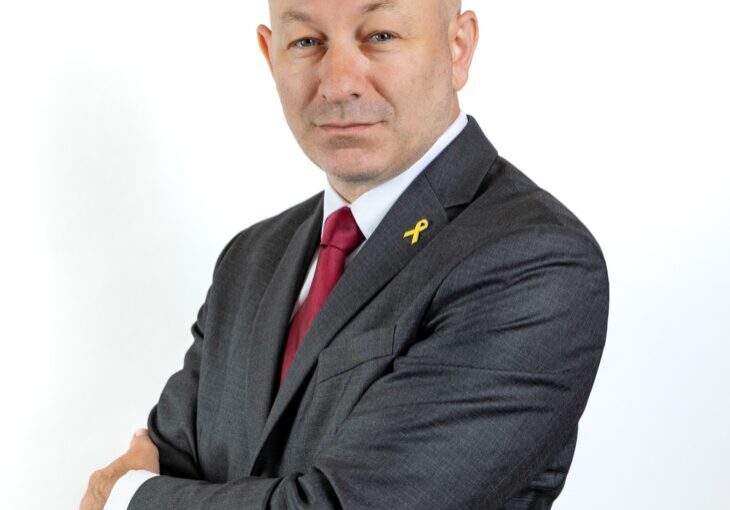Australia/Israel Review
The Last Word: The darkest days
Aug 25, 2021 | Jeremy Jones

Most of us remember where we were. I was on my way home after addressing a Jewish community meeting about my firsthand experiences of the now infamous Durban United Nations World Conference Against Racism, which had concluded a few days earlier.
I had stopped to refuel my car and was in a queue to pay, watching news on a small television screen, when I saw footage of a tower at New York’s World Trade Center being hit by a plane.
A few minutes later, I was home and saw on television, in real-time, the second plane strike.
In the days after September 11, 2001, I heard stories of escape and survival and of devastating loss. I saw people in Sydney keep their children at home as they feared sending them to Jewish day schools, given the way terrorists had demonstrated their geographic reach and demonic capabilities.
A Member of Parliament told me that the absence from streets and markets in his neighbourhood of women who were visibly Muslim was what made him aware of the fear of some Australians that they could be victims of misdirected revenge for the actions of people who had purported to act in the name of Islam. Sikh friends told me that there were also numerous attacks on their community members by individuals who thought their turbans were Osama bin Laden’s headwear.
There was some demand on my time from media, who stumbled on the fact that I was one of a handful of people who had ever mentioned bin Laden in writing in English prior to the attack – as well as being someone whose views were sought on terrorism and reactions within the Jewish community.
With a Christian and a Muslim friend, who had previously been meeting with me to plan ongoing dialogue, a public meeting for all faiths and backgrounds was organised in central Sydney. The three of us then commenced a round of media where we pushed the themes of mutual support, solidarity and opposition to extremism in religious communities and against religious communities.
In one interview discussing the attack, it was suggested that I would have been psychologically and philosophically prepared for the event, having just been through the intense anti-Jewish hatefest in Durban.
My response was no matter how much one had studied terrorism or extremist ideology, it was hard not to be horrified that there were people who had made the taking of human life on a mass scale some sort of value. I did not know of any person who was not in complete shock at the devastation wreaked on the lives of so many people who just happened to be in the wrong place at the wrong time.
In the context of the conference in Durban, it was true I had recently seen the United Nations and literally hundreds of self-ascribed “human rights” NGOs facilitate, tolerate, participate in, ignore, or promote vile racism. Another link between the two events was that an email account I had established for the sole purpose of Durban started receiving emails applauding the terrorists and laughing at the suffering of Americans. I was informed about how to “celebrate” and where, including in my own city of Sydney.
As I remember the victims of the terrorism of 20 years ago, I observe that the world is plagued by numerous extremists, many of whom subscribe to conspiratorial anti-Jewish world views, operate transnationally and strike when they can.
If anything, the state-sponsored international terrorist networks backed by Iran and the resurgence of extreme right-wing racist groups are, objectively, more of a threat today.
While many governments have advanced understandings of the threat, too often short-term political considerations supersede the actions which are most needed.
It is incumbent on not just governments, but all who want to preserve and extend human rights, communal harmony and broad freedoms, to both strengthen our abilities to defend them and to try to understand the challenges presented by terrorists, now and in the future.






